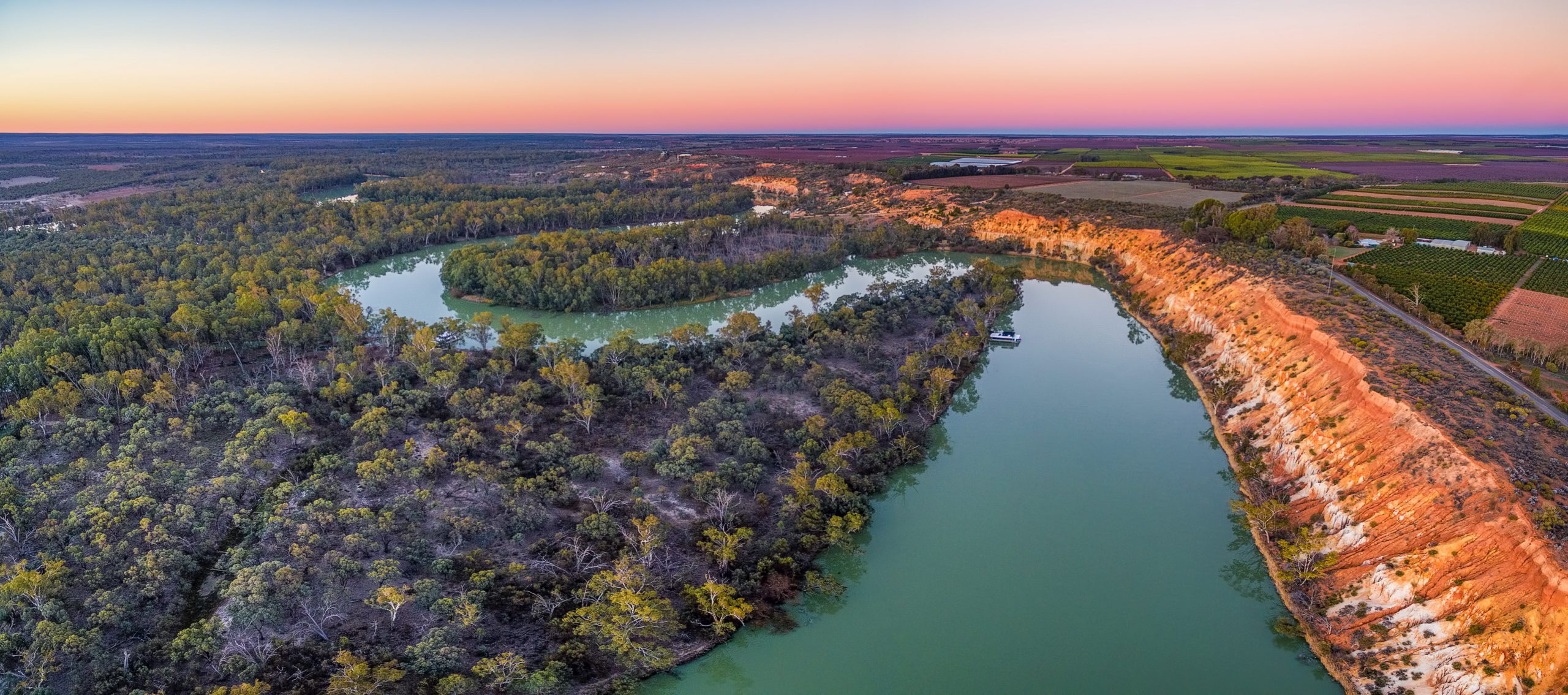



Article by: Hari Yellina
As part of a listening tour, the NSW government and water authorities visited with stakeholders on the Menindee Lakes to better understand water management in the region. Sir Angus Houston, the chair of the Murray-Darling Basin Authority, travelled with other officials to Tilpa, Wilcannia, Menindee, and Pooncarie, places that had recently seen fish kills and drought. Face-to-face interactions with communities are crucial, according to Sir Angus, a former Chief of the Air Force, in order to better understand concerns like floodplain harvesting. He explained that the key to identifying the obstacles is to “listen to the folks that are part of this community and just get a feel for the issues that they’re dealing with.”
The Murray-Darling Basin Authority called attention to the urgency of beginning climate change adaptation efforts. According to Sir Angus, CSIRO forecasts for the years 2050 to 2060 suggest a climate with 10% less rain in the basin and 20–30% lower inflows. As members of the Darling River Action Group, Yvonne Stewart and her husband Donald have been fighting for water rights for many years. The pair has spoken with the government countless times over the years, and Ms Stewart was dubious that anything would change. No matter what we say to all the different visitors, she claimed, “they don’t pay any attention to our thoughts.”
“We just keep going around in circles without moving forward.” For the fourth time, the NSW government is attempting to get legislation governing floodplain harvesting through the legislature. Regarding the rules, there are questions about whether the 195 gigalitre Menindee Lakes drought reserve will be sufficient to support the region during dry seasons. Mr. Stewart stated that he opposed floodplain harvesting and favoured keeping more water in the lakes. The Murray Darling Basin Plan has covered the same topics for more than ten years. When it came to the legislation governing floodplain harvesting, Ms. Stewart claimed she did not have “much trust” in the NSW government. She was hopeful, nevertheless, that the new government would take action.
“We’re just hoping that the incoming federal administration would recognise the issue and take action to influence the state government to act morally,” she added. If authorities did nothing, the Darling River, according to Mr. Stewart, would be “destroyed.” Even though it is so lovely and lush with water all around, I become so furious and angry about it that I feel sick to my stomach, Mr. Stewart remarked. But if there are fish kills due to a shortage of water, we might be back where we started. Graeme McCrabb, a resident of Menindee, expressed his desire for more government representatives to visit the state’s far west for water negotiations.
“I know it’s hard to get past these places, but you simply have to push through and get people here,” said the speaker. Director of the NSW Department of Planning and Environment Daniel Connor stated that the state government had been “worked hard” for a period of years to reform “unconstrained, uncontrolled, and unmeasured floodplain harvesting.” “We’ve conducted a significant amount of consultation over a significant amount of time,” he added. “New South Wales is now finalising its water resource plans to submit to the Commonwealth. “New South Wales, not the Commonwealth, is the driving force behind the changes that New South Wales is proposing to implement.”